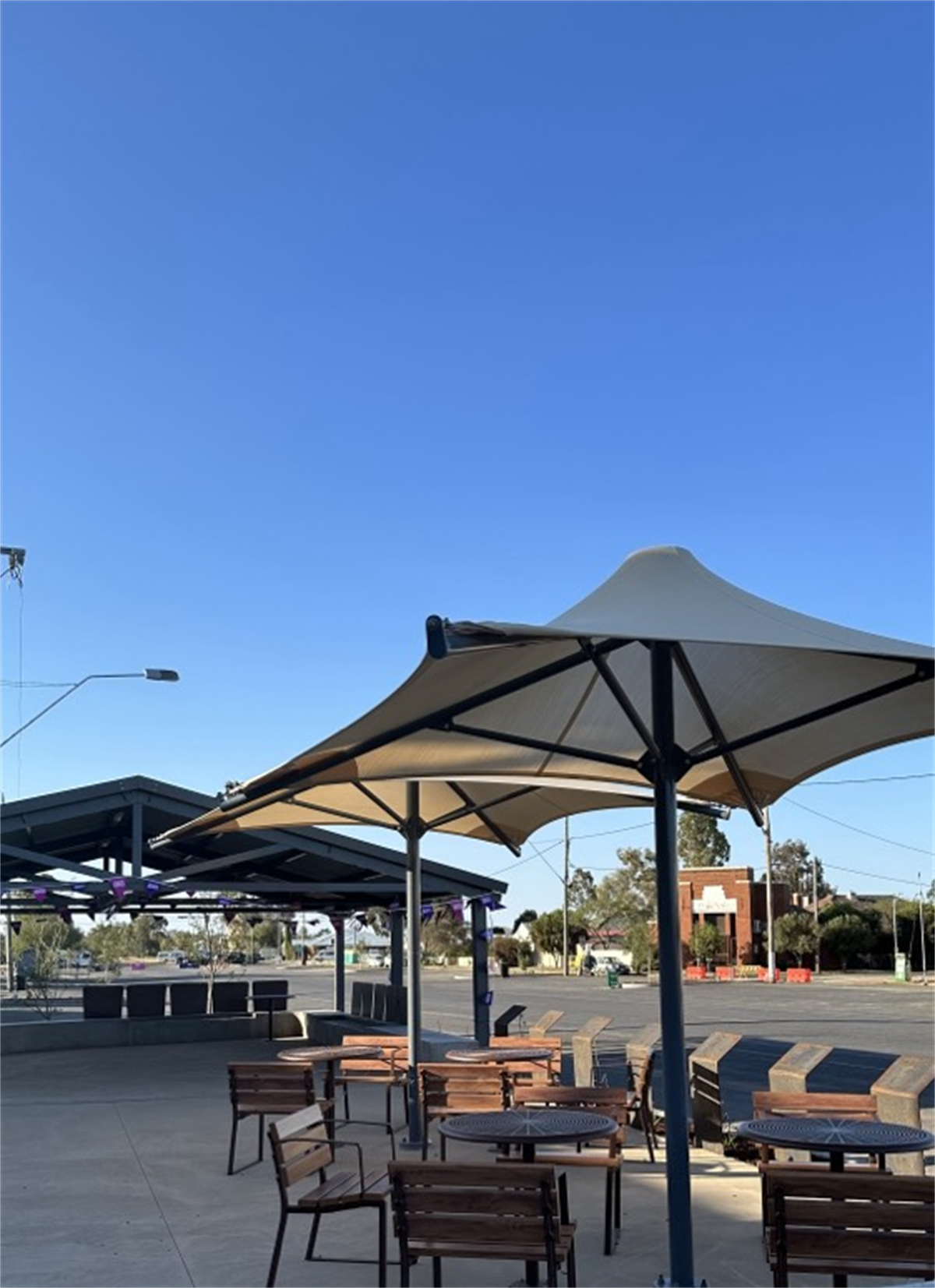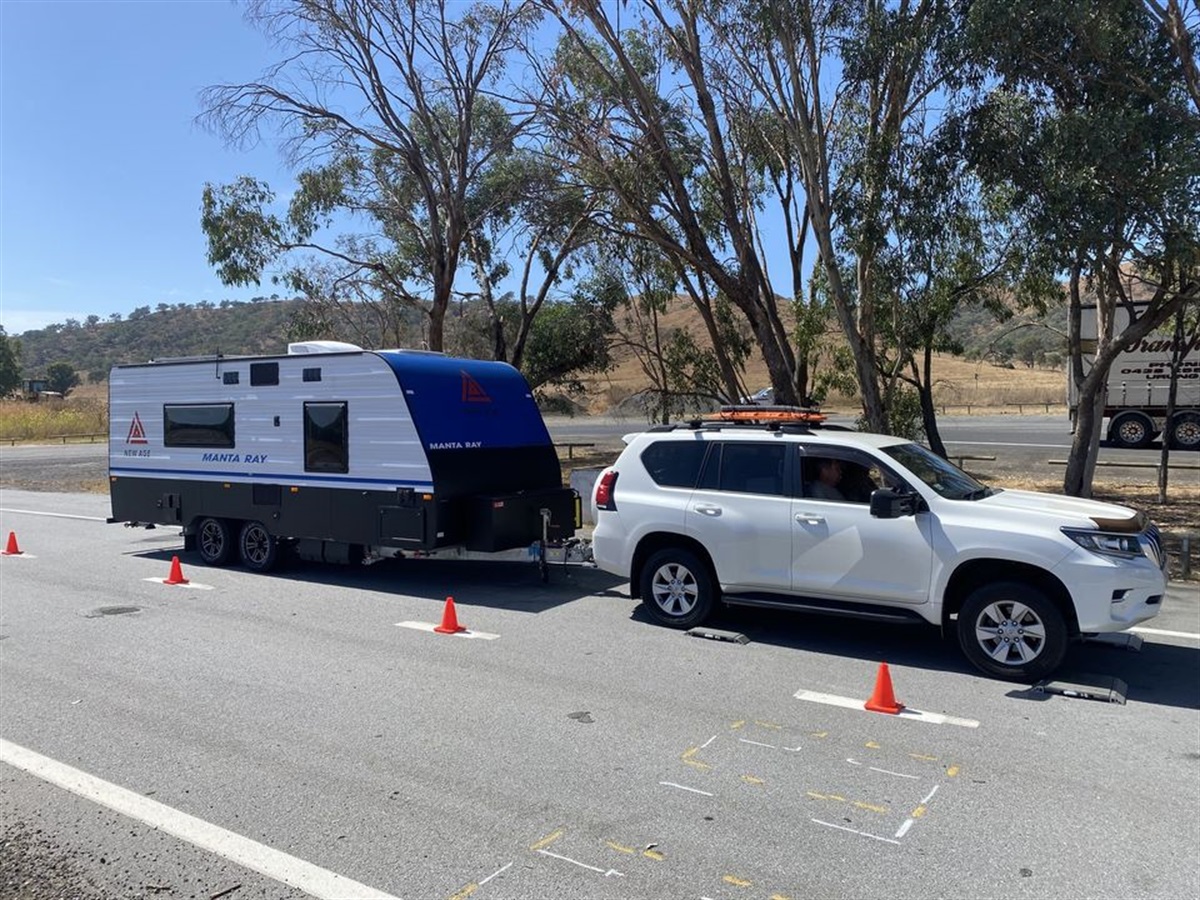With Black Friday sales coming up and many people doing their Christmas shopping online this year, Consumer Protection is warning consumers that scammers are out to take your money with fake retailer websites, social media pages and classified ads.
So far this year scammers have stolen a staggering $1.1 million from 418 WA victims in ‘buying and selling scams’ which, according to new figures from WA ScamNet, more than triples the losses from the whole of 2019 when 255 victims reported total losses of $319,100.
Commissioner for Consumer Protection Lanie Chopping said scammers use the latest technology to set up fake retailer websites and social media pages that look like genuine online retail stores.
“They may use sophisticated designs and layouts, possibly stolen logos, and even a ‘.com.au’ domain name and stolen Australian Business Number (ABN), but the biggest tip-off that it’s a scam-site is the payment method – scammers will often ask you to pay using a money order, pre-loaded money card or via a money transfer,” Ms Chopping said.
“Online auction sites like eBay have strict policies to ensure their customers are not scammed and scammers know this, so they will often try to get people to make a deal outside the auction site.
“Scammers may claim that the auction winner has pulled out and then offer the item for sale to you. Once payment is made, you’ll never hear from them again and the auction site will not be able to help you.”
If you are shopping for second-hand goods, classified scams trick buyers into thinking they are dealing with a legitimate seller.
“Scammers pose as genuine sellers and post fake ads on classifieds websites, in print classifieds, and may approach you through email or on social media platforms. To lure victims in a hurry, the scammer may advertise items at a price much lower than comparable items advertised on the same site,” the Commissioner said.
“Scammers may say that they want to use a safe payment and delivery system, which apparently holds your payment in a safe account which would only be released to the seller once you had received the product and were satisfied with it. They may also claim they are travelling or have moved overseas and that an agent will deliver the goods following receipt of payment.
“Following payment you may receive a fake email receipt claiming to be from the website’s secure payment provider, however you won’t receive the goods and will not be able to contact the seller.
“Scammers may also pose as buyers and make-up stories such as needing your help to pay an agent or third party for upfront costs like transportation or insurance and promise to reimburse you for the costs.
“Scammers may send a phishing email pretending to be from a bank or PayPal stating the payment is on the way. In both cases, the scammers may provide a copy of a driver’s licence or other identification to appear to be a legitimate person.
“Ultimately, to totally avoid being scammed, consider going off-line by shopping at a bricks and mortar store and support local businesses who have been doing it tough this year. You can scrutinise the products more closely and have face-to-face contact with the seller.”
Tips for consumers:
When buying
- Avoid paying a stranger via money order, wire transfer, international funds transfer, pre-loaded card or electronic currency – as it’s rare to recover money sent this way
- Check the sender’s email address and their PayPal account by logging in rather than taking the fake PayPal receipt on face value
When selling
- Don’t send items to the buyer until the cheque has cleared or the deposit shows in your Paypal account, as receipts and emails can be easily falsified
- For expensive items, do not allow potential buyers to inspect the goods without someone else being there to supervise







